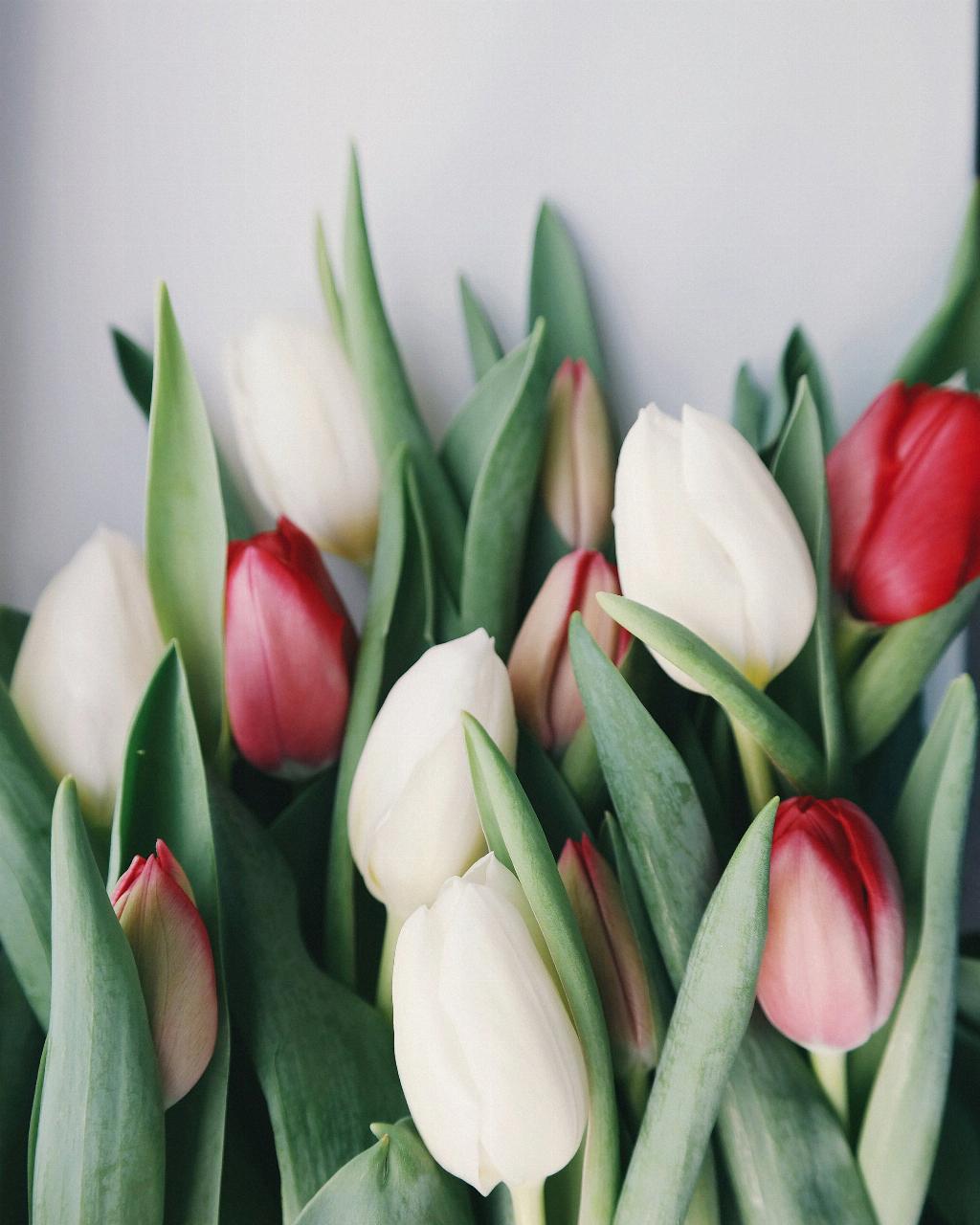Tulips, with their vibrant colors and elegant appearance, have captured the hearts of many around the world. Beyond their aesthetic appeal, tulips hold significant symbolism and meaning in various cultures and contexts. In this article, we will delve deep into the world of tulips and explore the rich tapestry of meanings associated with these beautiful flowers.
History of Tulips as Symbolism
Throughout history, tulips have symbolized different meanings depending on the cultural and historical context. The tulip’s journey as a symbol dates back centuries, with the flower holding various meanings such as perfect and deep love. As a classic flower that has stood the test of time, tulips have been commonly associated with expressions of love and affection.
Cultural Significance of Tulips
In different cultures, tulips carry unique significance and symbolism. For example, in Turkish culture, tulips represent paradise on earth and have been revered for their beauty and elegance. In the Dutch culture, tulips hold historical significance, symbolizing wealth, abundance, and prosperity. Understanding the cultural contexts behind tulip symbolism enriches our appreciation for these enchanting flowers.
Various Meanings of Tulips in Different Contexts
Not limited to just love and affection, tulips signify a range of meanings in different contexts. Depending on the color of the tulip, its significance can vary from purity and innocence to elegance and grace. Yellow tulips often symbolize cheerful thoughts, while red tulips convey passion and romance. Exploring the diverse meanings of tulips adds depth to the messages conveyed through these blossoms.
Psychological Interpretation of Tulip Symbolism
Psychologically, tulips can evoke emotions and affect our mood based on their symbolism. The presence of tulips can create a sense of joy, happiness, and positivity, influencing our mental state. Understanding the psychological impact of tulip symbolism sheds light on the power of floral imagery in shaping our emotional well-being.
Contemporary Use of Tulip Symbolism
In contemporary times, tulips continue to hold relevance as symbols of love, beauty, and admiration. From floral arrangements in weddings to gifts exchanged on special occasions, tulips play a vital role in conveying heartfelt sentiments. Their timeless appeal and versatility make tulips a popular choice for floral expressions in modern society.

Conclusion
In conclusion, tulips signify a plethora of meanings that transcend time and culture. Their symbolic significance as expressions of love, beauty, and emotion has cemented their place as cherished flowers worldwide. By unraveling the layers of tulip symbolism, we discover a world brimming with love, beauty, and profound meanings encapsulated in these delightful blooms.
